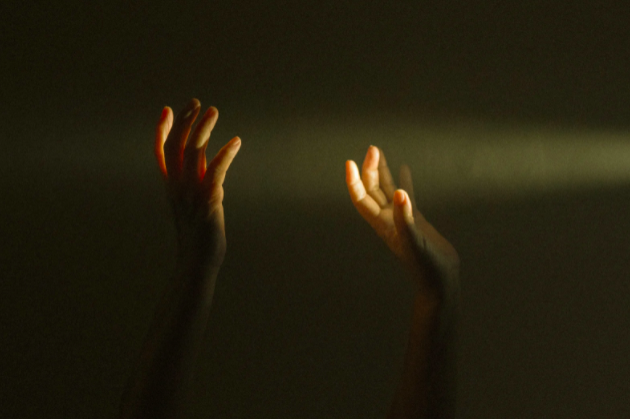By Conner Tighe
It’s common knowledge that humans need approximately 7-8 hours of sleep per night. However, only 59% of Americans get seven or more hours of sleep, while 40% get less than seven hours. These statistics have remained unchanged during the 90s and 2000s, but it’s stated that Americans slept more during the 40s.
Simply stated, insomnia is a sleep disorder that can make it hard to fall asleep and stay asleep. Humans will experience some form of insomnia, commonly acute or “short-term” insomnia lasting days or weeks. Insomnia is noted as a common sleep disorder, but chronic insomnia is less common.
Chronic insomnia can last months, even years, affecting mood, concentration, memory, and more. Many factors can contribute to chronic insomnia like stress, work schedule, eating late at night, and overall poor sleep habits. Although there are medications for insomnia, one can do tasks at home to alleviate symptoms.
Limiting naps, alcohol, caffeine, stress, eating late in the evening, and avoiding activities in bed can all help alleviate insomnia symptoms. Avoiding technology, work-related activities, and other activities that create a sense of alertness should be considered. But some tendencies are more difficult to avoid, like worrying about the upcoming day.
If you find yourself staring at the ceiling in deep thought at night, you’re not alone. Approximately 50% of Americans admit to experiencing increased anxiety levels when it comes time to fall asleep. Anxiety at night has been shown to follow us in our dreams, experiencing bad dreams and nightmares.
During the day, we are constantly at our heightened sense of awareness, whether it’s working, exercising, socializing, or driving. But when it comes time to shut that part of us off, it’s no surprise that it comes with difficulty. Insomnia and anxiety stem from an even larger issue in American healthcare dealing with mental health.
In 2019 an estimated $225 billion was spent on mental health treatment and services. Depression alone counts for $44 billion workplace productivity decreases. The Mental Health Parity and Addiction Equity Act of 2008 made it easier for patients to access mental health services, but affordable services remain an issue for many Americans. As mental health awareness becomes more mainstream, it’s expected that coverage options, medicare options, and overall treatment will progress.
But in more recent history, the COVID-19 pandemic has increased mental health issues in America. Boston College News estimated 61-65% of those in the age range 18-29 have experienced increased rates of anxiety and depression. The reality of abnormality and an increased sense of unknowing has come with a cost on many of us.
But with all of these harsh realities come simple solutions. Having those difficult conversations, whether with family members, friends, or colleagues, can come with some beneficial feedback. Recognizing one’s struggle with their mental health in a sense can be empowering. We are human, and there will be struggles in the midst of a pandemic.
Fighting the overall stigma of mental health and educating ourselves on the topic can bring lasting change in our society. Exercising increases endorphins in the brain, which alone will not fix mental health issues but bring some comfort. Seeking treatment for mental health issues can also bring some enlightenment.
With all of these statistics, it becomes clear that nobody is truly alone in their battle with mental health.
If you or someone you know is experiencing severe mental health struggles, you can contact a 24-hour crisis center at 1-800-273-TALK or talk to your family doctor.
Sources: Mayo Clinic, Gallup, Cleveland Clinic, WebMD, Healthline, CNBC, Centers for Medicare & Medicaid Services, Boston College News
Featured Image: Canva

